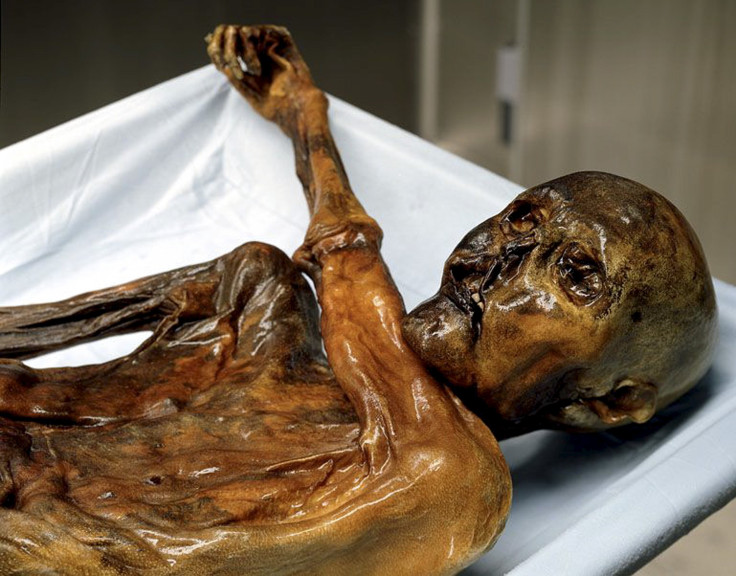Scientists find Helicobacter pylori in Ötzi’s stomach which sheds light on European migration

An international team of scientists has found Helicobacter pylori in iceman Ötzi's stomach. The discovery provides clues on European migration and supports the theory that humans were already infected with this bacterium at the beginning of history.
Ötzi, the iceman, has provided scientists new facts about Homo sapiens since the discovery of the iceman’s remains in 1991. Scientists also claim that the 5,300-year-old corpse was murdered. Moreover, the new discovery of H. pylori suggests that Europe’s first farmers have come from Asia.
"Evidence for the presence of the bacterium Helicobacter pylori is found in the stomach tissue of patients today, so we thought it was extremely unlikely that we would find anything because Ötzi's stomach mucosa is no longer there," palaeontologist Albert Zink explained in a press release.
Nevertheless, the problem was solved after the team extracted the entire DNA of the stomach contents and the individual bacterium sequences and reconstructed its genome.
The scientists from the European Academy (EURAC) in Bozen/Bolzano sent the genome data to their partner researchers from the University of Vienna. They assumed that the strain of the bacterium would be the same strain that is found in Europeans today. However, the strain is mainly observed in people in Central and South Asia. It has been thought that Africans moved into Europe more than 20,000 years ago.
The team claims that there were originally two strains of H. Pylori, one from Africa and the other from Asia. At some point in history, these two combined into today’s European version of the bacterium. The combination of the strains suggests that the history of settlement in Europe is much more complex than previously assumed, according to microbiologist Frank Maixner.
Half of the global population are infected with H. Pylori, and about a tenth of them suffer further complications such as stomach ulcers or gastritis. However, this does not necessarily mean that the iceman suffered from stomach problems because the stomach tissue has not survived, which could have proved the presence of the diseases. Still, preconditions of the diseases were found.
The results have been published in Science magazine, but the researchers said that more research is needed to explain how bacteria aided in human evolution. Zink noted that several research projects are currently being planned to take place in Asia and South America.




















